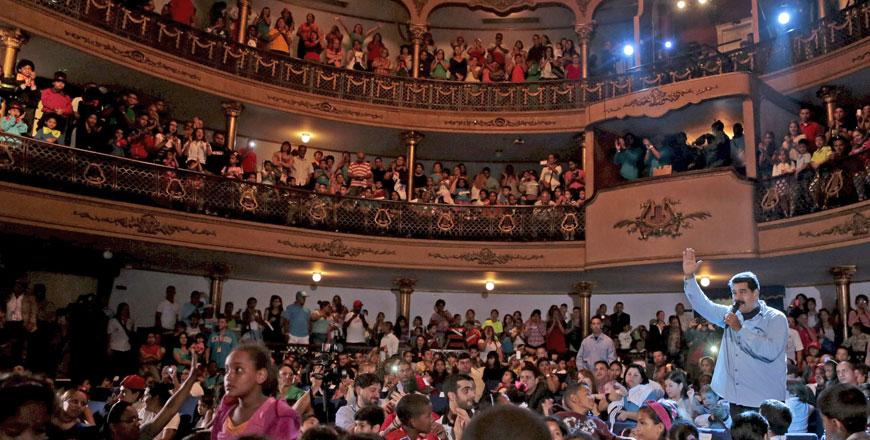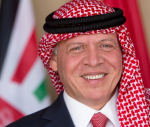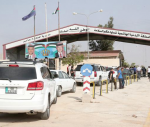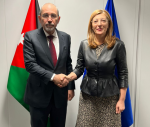You are here
Maduro rules out dollarising Venezuela's economy
By Reuters - May 27,2015 - Last updated at May 27,2015

Venezuela's President Nicolas Maduro (right) greets supporters as he attends a play in a theatre in Caracas in this May 24 handout picture provided by Miraflores Palace (Reuters photo)
CARACAS — President Nicolas Maduro has ruled out dollarising Venezuela's economy as a way to resolve the chaotic currency situation in recession-hit nation which is a member of the Organisation of Petroleum Exporting Countries.
Speculation Venezuela could adopt the US currency emerged after news this month that some local divisions of foreign car companies might charge in dollars due to their difficulties in obtaining greenbacks under the nation's currency controls.
But Maduro, the successor to socialist leader Hugo Chavez, said such talk was far off the mark.
"In Venezuela, there has not been nor will there be dollarisation. Our currency, proudly, is and will forever be the bolivar," he said in a phone call to state TV late on Tuesday.
Venezuelans were shocked last week when the bolivar, in unofficial trade, slid to 423 to the dollar, according to the widely tracked DolarToday website.
While it strengthened to 343 on Wednesday it still is far weaker than the official exchange rates. Maduro slammed the DolarToday site as being run by "ultra-right" opposition activists in Miami.
When Maduro came to power two years ago, the bolivar was trading at 23 to the dollar on that black market. Its slide has been a factor in creating the worst inflation in the Americas.
The government operates a complex, three-tier currency control system with the strongest rate of 6.3 bolivars per dollar for priority goods such as food and medicine, and the weakest rate of 200 via a "complementary" system called Simadi.
Last year's tumble in oil prices forced the currency control mechanism to reduce disbursement of greenbacks, spurring shortages of consumer goods and leading to panicked dollar purchases on the unregulated market.
Inflation last year was 68 per cent, and economists are widely predicting three-digit price rises this year. The government has not published data for the first four months.
Opposition critics say Maduro has delayed much-needed reforms to the country's state-led economic model, including an easing or elimination of the exchange controls.
Maduro says his socialist government is victim of an "economic war" led by opposition businesses with the support of the US government.
Businesses say they struggle to obtain dollars through either system, leaving them unable to import raw materials or replacement parts. That has led to long lines of consumers waiting to buy staple goods.
Government officials acknowledge that maintaining multiple exchange rates allows for corruption by businesses or public officials who buy subsidised dollars and then resell them for a hefty profit.
Related Articles
Venezuela has jailed the owners of an unnamed chain of shops accused of engineering queues to whip up anger with the socialist government, President Nicolas Maduro said on Sunday.
President Nicolas Maduro shook up complex currency controls on Wednesday and also prepared Venezuelans for a rise in the world's cheapest fuel prices in response to a recession worsened by plunging oil revenue.
CARACAS — Venezuela's President Nicolas Maduro announced on Friday a single exchange rate pegged to his socialist government's petro cryptoc
















